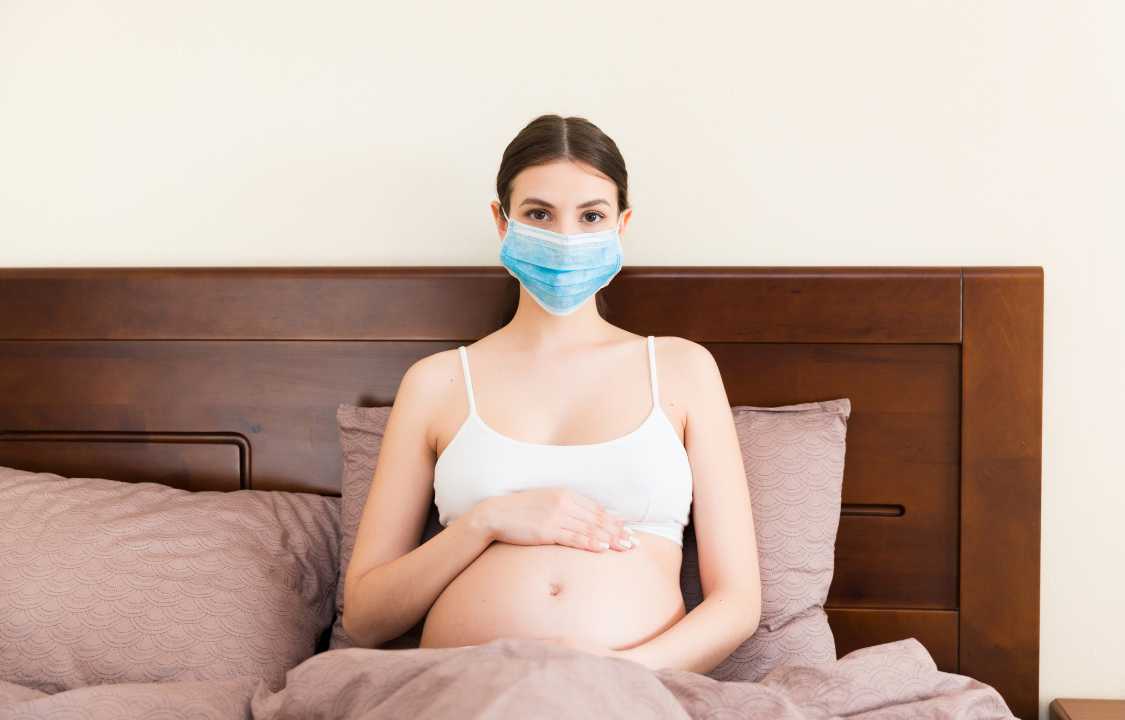Must-read info if you’re currently pregnant or know someone who is.
The emergence of COVID-19, caused by the novel coronavirus, has stirred global concern and prompted extensive discussions regarding its effects on different segments of the population. Pregnant women, in particular, have been seeking answers about the potential risks posed by the virus during this critical time. This article aims to provide essential information, guidance, and insights from experts to address the concerns of pregnant women and those who care about them.
COVID-19: The Widespread Concern
As the world grapples with the COVID-19 pandemic, uncertainty and fear have become palpable. While government agencies and healthcare experts reassure the public that the general risk is low, the fact remains that certain individuals are more vulnerable to severe illness. The World Health Organization (WHO) has emphasized that older individuals and those with pre-existing health conditions face a higher risk of developing severe symptoms when infected with the virus.
One group of concern that has garnered significant attention is expectant mothers. The Centers for Disease Control and Prevention (CDC) recently stated that pregnant women “might be at an increased risk for severe illness from COVID-19” compared to women who are not pregnant. This shift in perspective raises questions about the unique challenges pregnant women might face when dealing with COVID-19.
Limited Research and Ongoing Uncertainty
Early in the outbreak, understanding the impact of COVID-19 on pregnant women remained an important yet largely unanswered question. Dr. Amesh A. Adalja, an infectious disease expert, highlighted the need for comprehensive research on the course of infection in pregnant women. He emphasized the importance of including pregnant women in antiviral and vaccine trials to better comprehend the virus’s effects on this specific demographic.
However, with time, our knowledge has expanded. A study published in the Morbidity and Mortality Weekly Report examined data from over 326,000 women of childbearing age who tested positive for COVID-19. The study found that while pregnant women were more likely to be hospitalized, they were not at greater risk of mortality compared to non-pregnant women.
Concerns About Maternal-Fetal Transmission
One of the paramount concerns that has weighed heavily on the minds of pregnant women throughout the COVID-19 pandemic revolves around the possibility of transmitting the virus to their unborn children. This anxiety is compounded by the fact that early evidence and research in this area have been relatively limited and evolving, leading to a sense of uncertainty.
Within this context, some studies have tentatively suggested that transmission from mother to baby could potentially occur during or around the time of delivery, adding a layer of complexity to the issue. Recent case reports published in the Journal of the American Medical Association (JAMA) have further contributed to the ongoing discourse, raising important questions about the potential for in-utero transmission of the virus.
However, it is crucial to note that leading experts, such as Dr. Adalja, have emphasized that the likelihood of transmission to the baby is more likely to manifest after birth, particularly through close contact with an infected person. This distinction underscores the critical importance of unwavering adherence to preventive measures, not only to safeguard the health of the expectant mother but also to protect the vulnerable newborn who may be at risk of exposure in the postnatal period.
In these complex and uncertain times, the guidance and insights provided by healthcare professionals serve as invaluable anchors for expectant mothers, enabling them to make informed decisions and take the necessary precautions to navigate pregnancy during the ongoing COVID-19 pandemic with confidence and resilience.
Preventive Measures for Pregnant Women
While a vaccine for COVID-19 remains under development and testing, medical advice emphasizes preventive measures to minimize the spread of the virus. Pregnant women are encouraged to follow the same guidelines as the general population. Dr. Rebecca C. Brightman, an assistant clinical professor specializing in obstetrics and gynecology, recommends the following:
1. Avoid Close Contact: Pregnant women should steer clear of individuals exhibiting flu-like symptoms or signs of an upper respiratory infection. Staying home when feeling unwell is essential.
2. Hand Hygiene: Regular hand-washing with soap and the use of hand sanitizers are crucial practices for all individuals, including pregnant women.
3. Respiratory Etiquette: Covering the mouth and nose when sneezing or coughing with the elbow or a tissue is imperative. Additionally, avoiding touching the face, especially the eyes, nose, and mouth, helps reduce the risk of infection.
Staying Informed and Adapting to Evolving Information
As the world grapples with the ever-evolving situation surrounding COVID-19, it’s vital to acknowledge that the information provided in this context is accurate only as of the publication date. The dynamic and rapidly changing nature of the pandemic underscores the need for ongoing vigilance and adaptability.
To remain well-informed and make sound decisions in the face of these uncertainties, individuals are strongly encouraged to avail themselves of resources from trusted and reputable sources. These sources include, but are not limited to, the Centers for Disease Control and Prevention (CDC), the World Health Organization (WHO), and local public health departments. These organizations are at the forefront of disseminating the latest updates, guidelines, and recommendations, which are tailored to specific regions and communities, thereby ensuring that individuals have access to the most up-to-date information available.
In conclusion, while the uncertainties surrounding COVID-19 persist, the medical community is working tirelessly to adapt and learn more about the virus’s impact on various populations, including pregnant women. In these challenging times, pregnant individuals can play an active role in protecting their own health and the well-being of their unborn children by diligently adhering to preventive measures and staying informed through reliable sources, ultimately contributing to the collective effort to combat this global health crisis.

